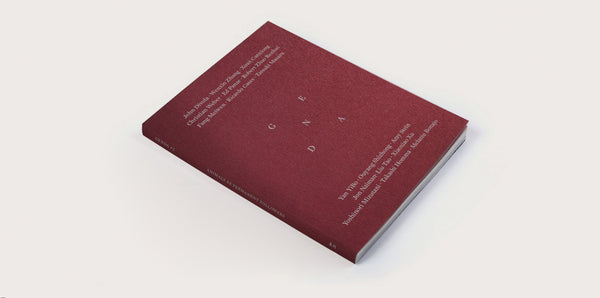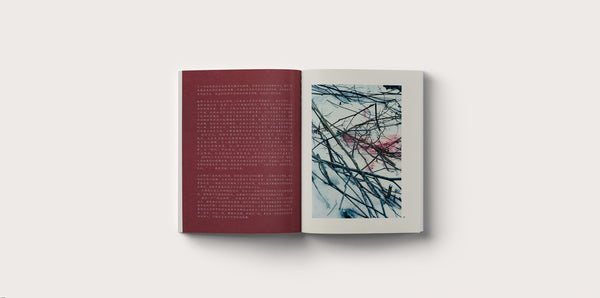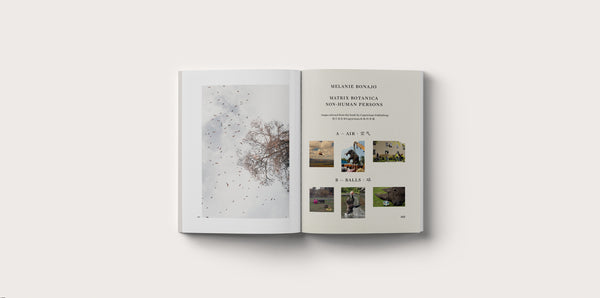


V/A
GENDA #2. Animals as permanent followers
a+mbookstore edizioni, Milan — 2017
Genda is a magazine intersecting Western and Eastern culture. Two sets of editorial staff – one in Italy and one in China – first identify a common theme which is then elaborated through the misunderstandings and complicities at the base of every concrete exchange.
Genda is born from a misunderstanding: it is the Western mangling of the popular Chinese Zhenda – ‘Really?’; it is also the name of the preferred flower of Hindu rites and celebrations. Genda is a container of accidental, compressed, distant yet dangerously similar material. Its symmetrical structure separates the two spheres which are then recomposed and redistributed through the binding. Clashes and confluences result from the apparent remoteness of approaching worlds. Genda is an independent and interdisciplinary object. It proves the presence of things and the existence of occurrences, it is about experience. Every edition of Genda contains proofs, manifestations of the impact of the world on the authors. The text forms part of this and thus both language and translation are considered. Genda has a title, it seeks out the conditions for triggering new questions. Its contents are apparitions; their original order is recomposed in the pages where an incidental and unexpected factor – of which the authors are aware – exists.